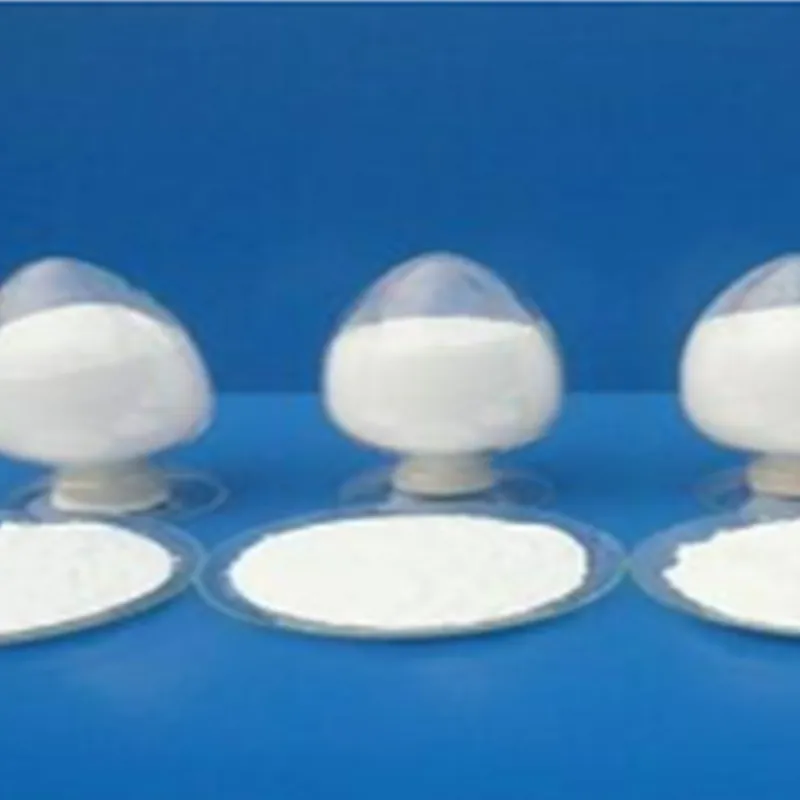
Exploring the Impact of Bakery Additives on Flavor, Texture, and Shelf Life of Baked Goods
Bakery Additives Enhancing Quality and Consistency
The bakery industry is a cornerstone of the food sector, providing a wide array of products ranging from bread and pastries to cakes and cookies. To ensure the quality, texture, flavor, and shelf-life of these baked goods, various additives are employed. Bakery additives are substances added to dough and batter to improve the product's overall performance, facilitate processing, and enhance sensory attributes. This article explores the functions and benefits of bakery additives, highlighting their significance in modern baking.
Types of Bakery Additives
1. Leavening Agents These additives are crucial for promoting the rising of dough and creating the light and airy texture that consumers expect. Common leavening agents include baking soda, baking powder, and yeast. By producing carbon dioxide gas, these agents cause the dough to expand and rise during baking, resulting in a desirable crumb structure.
2. Emulsifiers Emulsifiers are compounds that help blend ingredients that typically do not mix well, such as oil and water. They enhance the texture and extend the shelf-life of baked products. Common emulsifiers like lecithin and mono- and diglycerides improve dough stability, retain moisture, and contribute to a finer crumb structure, making them vital for products like cakes and muffins.
3. Preservatives To extend the shelf-life of baked goods, preservatives are often added to inhibit mold growth and bacterial development. Common preservatives like calcium propionate and sorbic acid help maintain freshness and prevent spoilage, enabling bakeries to reduce food waste and ensure product availability over time.
4. Dough Conditioners These additives are used to improve the physical characteristics of dough, making it easier to handle and process. They can strengthen gluten, improve elasticity, and enhance water absorption. Ingredients such as ascorbic acid and enzymes fall into this category, contributing to better dough performance during fermentation and baking.
bakery additives

5. Coloring and Flavoring Agents To enhance the visual appeal and taste of baked goods, bakers often use natural or artificial coloring and flavoring agents. Caramel color, for instance, adds a rich hue to bread crusts; vanillin or almond extract can elevate the flavor profile of pastries. Selecting the right flavor enhancers helps in creating unique and appealing products that stand out in a competitive market.
Benefits of Using Bakery Additives
The incorporation of bakery additives in production processes translates to numerous advantages. First and foremost, they enhance product consistency. Consumers expect that each loaf of bread or pastry taste and looks similar, regardless of where or when it is made. Additives help achieve this consistency in flavor, texture, and appearance.
Secondly, these substances can improve the nutritional value of products. For example, adding fiber or protein-based additives can create healthier options that cater to consumers' growing demand for nutritious baked goods.
Furthermore, bakery additives can significantly extend the shelf-life of products, which is essential in today’s fast-paced world where convenience is key. By improving the durability and flavor retention of baked goods, bakeries can ensure that their products remain fresh for longer periods, thereby reducing waste and increasing customer satisfaction.
Conclusion
Bakery additives play a vital role in the modern baking industry, serving various functions from enhancing texture and flavor to prolonging freshness. With an increasing consumer focus on quality, consistency, and nutrition, the use of these additives is becoming more essential. As technology and research advance, the development of new additives will continue to evolve, providing bakers with the tools they need to meet the demands of a dynamic market while delivering superior products that delight consumers.
-
nitrile-rubber-honoring-strict-production-standardsNewsAug.22,2025
-
aspartame-ingredients-honoring-food-safety-valuesNewsAug.22,2025
-
fertilizer-for-balanced-plant-nutritionNewsAug.22,2025
-
cyanide-gold-processing-with-high-purity-additivesNewsAug.22,2025
-
formic-acid-in-textile-dyeing-applicationsNewsAug.22,2025
-
aluminum-hydroxide-gel-in-skincare-productsNewsAug.22,2025
-
Regulatory Compliance for Global Mining Chemicals UseNewsAug.12,2025
Hebei Tenger Chemical Technology Co., Ltd. focuses on the chemical industry and is committed to the export service of chemical raw materials.
-

view more DiethanolisopropanolamineIn the ever-growing field of chemical solutions, diethanolisopropanolamine (DEIPA) stands out as a versatile and important compound. Due to its unique chemical structure and properties, DEIPA is of interest to various industries including construction, personal care, and agriculture. -

view more TriisopropanolamineTriisopropanolamine (TIPA) alkanol amine substance, is a kind of alcohol amine compound with amino and alcohol hydroxyl, and because of its molecules contains both amino and hydroxyl. -

view more Tetramethyl Thiuram DisulfideTetramethyl thiuram disulfide, also known as TMTD, is a white to light-yellow powder with a distinct sulfur-like odor. It is soluble in organic solvents such as benzene, acetone, and ethyl acetate, making it highly versatile for use in different formulations. TMTD is known for its excellent vulcanization acceleration properties, which makes it a key ingredient in the production of rubber products. Additionally, it acts as an effective fungicide and bactericide, making it valuable in agricultural applications. Its high purity and stability ensure consistent performance, making it a preferred choice for manufacturers across various industries.





